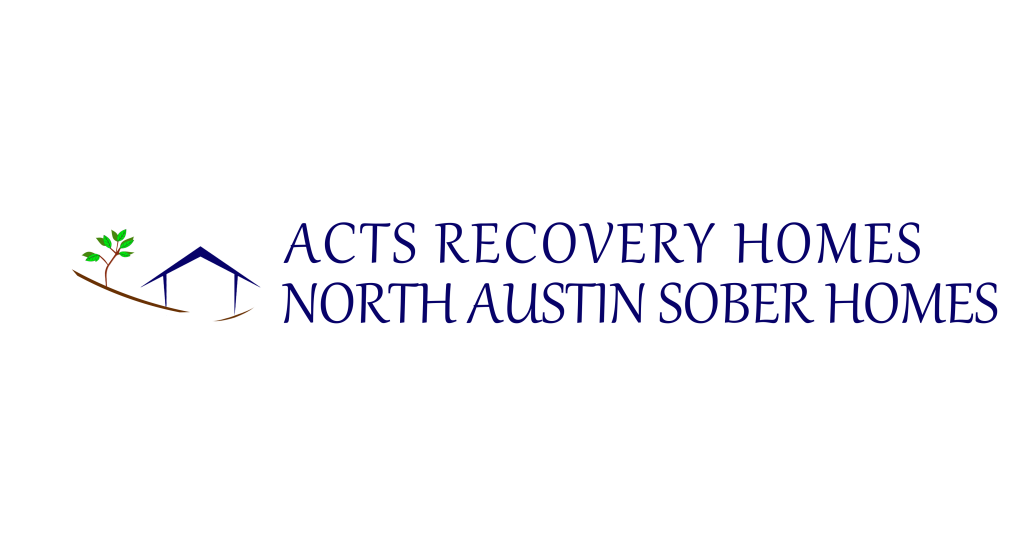How to be Supportive for Someone who is Recovering from Alcoholism

It is not strange to want to lend your support to a love one or a friend during a crisis. Same can be said when the people we love fall into the habit of alcohol addiction. However, being a supportive friend can be a challenge. Alcoholism is both sickness and addiction. Therefore, it is crucial you what to expect and how best to address that friend who is addicted to alcohol.
Before you start to think of rendering any sort of help, you have to make sure that you understand that alcoholism is like any sickness. Therefore, it might help you to shift your focus from the typical stereotype that people associate with addicts. The first stage to helping an addict is to help them come to terms with the fact that they are sick and need treatment. Should your friend be on the track to recovery, then that is good. However, to avoid relapse they will need to lean on support from friends and family.
In this post, we will address the various ways for you to be a supportive friend to a recovering alcoholic.
How to be Supportive
For most recovering addicts it is important to take things slow to help reduce the risk of a relapse. One of the few ways alcoholics can make a life of sobriety is to embrace the concept of sober homes. In the early takes, as friends, we might be tempted to give in to our instinct and may easily overwhelm our sick friends. It is not surprising that we give in to impulse to restrict their movements, monitor that food and drinks and sometimes we could guilt shame them without knowing. All these responses could trigger a relapse. Hence the need for places like sober homes. In the meantime, below are a few things we could do to be supportive.
1 ) Put your safety first: Alcoholics can get abusive and aggressive. Nevertheless, you must not condone such behavior in the bid of trying to be supportive. You must always put your health and safety first. Tolerating an alcoholic’s abuse or aggression will not help with their sobriety. Therefore, do not feel any shame when you decide to check their behavior.
2 ) Learn to listen with compassion: Just like any sickness, the victim feeling should be taken seriously. While some may judge alcoholics for their choices and decisions. As friends, we have an obligation to listen to them with compassion and try to understand what drove them to seek alcohol in the first place. Try to remember that it is not about judging or providing a solution. Just try to be empathetic and listen with compassion. You will be surprised at how much listening can do to help solve a crisis.
3 ) Ensure to provide an alcohol-free zone: If a recovering alcohol addict is going to be staying with you, then it is crucial that your home an alcohol-free zone. In other words, there should be no traces of alcohol on your property. While it might be inconvenient for you, you will have to cut back on your recreational drinking when you are around them. All these little sacrifices go a long way to ensure that your friends and loved ones stay sober.
4 ) Help them embrace healthy habits: It is important that recovering alcohol addicts are engaged. One of the few ways to do that is to introduce fun and enjoyable activities that do not require alcohol. Such activities could include cooking, exercising, playing games, strolling in a park and much more. There are a lot of healthy recreational activities that sure to delight an addict as well as keep them occupied.
5 ) Manage their resources: When addicts are recovering, most of their focus is on maintaining their sobriety. As a result, they might not be able to efficiently manage their resources. Hence, things like insurances, transport, sorting monthly bills, and more may not get the required attention. In some cases, the recovering addict might want to spend some time in a sober home and will require help managing other parts of their lives. As a friend, you could help lessen the burden by offering to cater to some of these needs. In so doing, you will allow the addict to focus solely on sober living especially in the early days of their recovery.
6 ) Seek professional opinion: While we do encourage that you listen to your loved one and friends battling alcohol addiction. The process of recovery is both mentally and emotionally tasking. In some cases, our compassion and empathy will not be enough. As a supportive friend, you can help them engage the services of a trained psychologist with experience in dealing with addiction. These experts are in the best position to help alcoholic come to terms with their newfound sobriety. Likewise, they will be able to recommend a way to help them mentally and emotionally deal with sober living.
Dealing with the risk of relapse
It would be naive to think that like most sickness, recovering from addiction is a one-time treatment. Treating alcoholism is a lifetime battle and as friends, we need to watch out for our recovering friends and loved ones in the long term. One of the few ways to help ensure that the people care for do not relapse is to watch out for the early signs and take action. Similarly, it is crucial to reduce their exposure to anything that might trigger a relapse.
Some likely triggers include;
Exposure to other addictive harmful substances like drugs…
Social and peer pressure from bad influences…
Boredom and much more…
While we make sure to remove such obstacles we can watch out for relapse signs like;
Over-indulgence in self-pity…
Constant lying and acts of dishonesty…
Radical changes in routines and patterns…
The smell of alcohol and more…
Conclusion
Addiction is a serious problem and as a supportive friend, we have to be intentional in our support for our loved ones. It is hard for an addict to maintain a life of sober living and it is one of the reason they will rely on our supports as friends. For more information on how to be supportive of a recovering alcoholic, please be sure to reach out to us at 512-497-2147.
